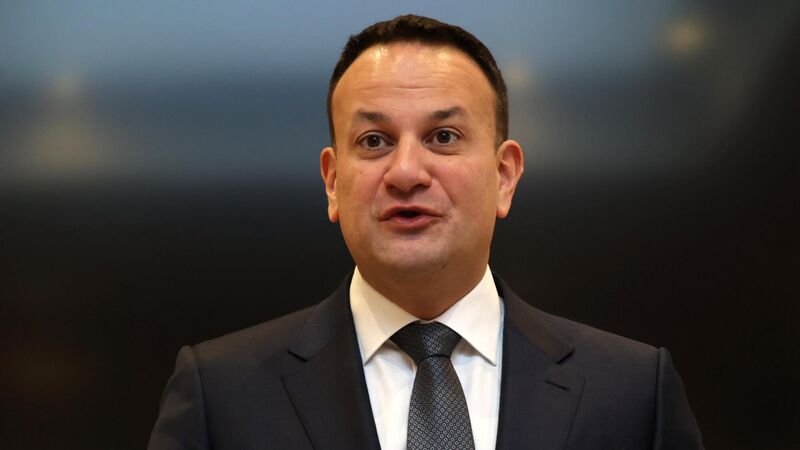Varadkar 'determined' to change income tax bands

Taoiseach Leo Varadkar also said the Government wants to help people with the cost-of-living crisis by using 'a combination of pay rises and income-tax reductions'. Picture: Sam Boal/Rollingnews.ie
Taoiseach Leo Varadkar said he is "determined" to overhaul the income tax system, meaning that people would be able to earn up to €50,000 per year before paying the higher rate of tax.
However, he has conceded such a move could take "a few budgets" to achieve.










